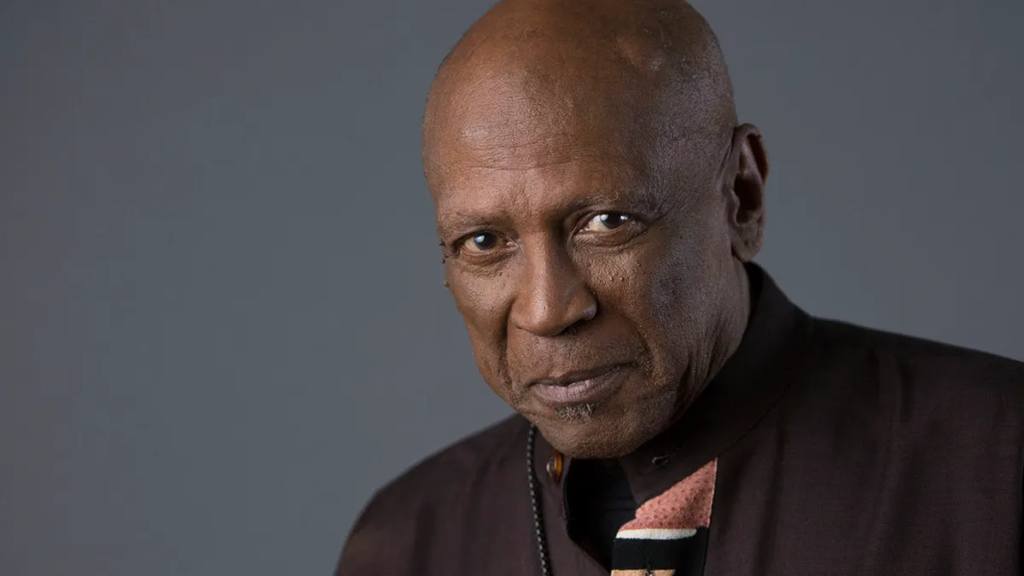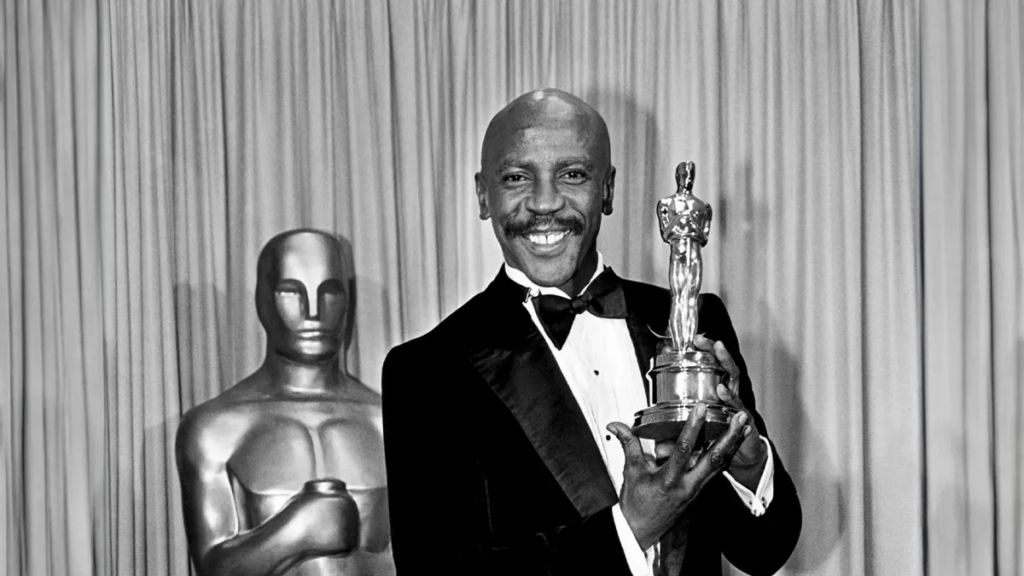Louis Gossett Jr. was a towering figure in the entertainment industry, whose career spanned over six decades. Known for his commanding presence, versatility, and commitment to social justice, Gossett Jr. left an indelible mark on film, television, and theater. His journey from humble beginnings in Brooklyn, New York, to becoming one of the most celebrated actors of his generation is a testament to his talent, resilience, and dedication to his craft. This article explores the life, career, and legacy of Louis Gossett Jr., highlighting his contributions to the arts and his impact on society.
Early Life and Career Beginnings
Louis Gossett Jr. was born on May 27, 1936, in Brooklyn, New York. Raised in a working-class family, he faced challenges early in life, including the divorce of his parents. Despite these difficulties, Gossett Jr. discovered his passion for acting during his teenage years. His talent was evident from the start, and he made his Broadway debut in 1953 with the play Take a Giant Step. At just 17 years old, Gossett Jr. earned critical acclaim for his performance, winning the Donaldson Award for Best Newcomer of the Year. This early success marked the beginning of a remarkable career.
Breakthrough Roles in Film and Television

Gossett Jr.’s transition from theater to film and television was seamless. One of his earliest and most iconic roles came in the 1961 film adaptation of A Raisin in the Sun, where he starred alongside Sidney Poitier. His performance showcased his ability to bring depth and authenticity to his characters, earning him recognition as a rising star in Hollywood.
Throughout the 1960s and 1970s, Gossett Jr. appeared in a variety of roles, demonstrating his versatility as an actor. He starred in films such as The Laughing Policeman and The Landlord, as well as television series like The Mod Squad and The Partridge Family. These performances solidified his reputation as a talented and reliable actor, capable of tackling diverse genres and characters.
Oscar-Winning Performance
Louis Gossett Jr. made history in 1983 when he became the first Black actor to win the Academy Award for Best Supporting Actor. He earned the honor for his role as Gunnery Sergeant Emil Foley in An Officer and a Gentleman. Gossett Jr.’s portrayal of the tough yet compassionate drill instructor was both powerful and nuanced, earning widespread acclaim from critics and audiences alike. The role not only showcased his acting prowess but also broke barriers in Hollywood, paving the way for greater representation of Black actors in leading roles.
Television Success and Cultural Impact
In addition to his film work, Gossett Jr. achieved great success on television. He won an Emmy Award for his role as Fiddler in the groundbreaking miniseries Roots, which depicted the harrowing journey of enslaved Africans in America. Gossett Jr.’s performance was both poignant and powerful, capturing the humanity and resilience of his character. The miniseries was a cultural phenomenon, sparking conversations about race and history in America and solidifying Gossett Jr.’s status as a trailblazer in the industry.
Advocacy and Social Justice

Beyond his contributions to the arts, Louis Gossett Jr. was deeply committed to social justice and advocacy. In 2006, he founded the Eracism Foundation, an organization dedicated to combating racism and promoting equality. The foundation’s mission was to “remove from existence the belief that one race, one culture, one people is superior to another.” Gossett Jr.’s efforts to address systemic racism and foster understanding reflected his belief in the power of art and activism to create positive change.
Throughout his life, Gossett Jr. used his platform to speak out against discrimination and inequality. He was a vocal advocate for diversity in the entertainment industry, challenging stereotypes and pushing for greater representation of marginalized communities. His work as an activist complemented his career as an actor, demonstrating his commitment to making a meaningful impact on society.
Later Career and Legacy
Louis Gossett Jr.’s career continued to flourish in his later years. He appeared in films such as Iron Eagle, Enemy Mine, and The Punisher, as well as television series like Touched by an Angel and Boardwalk Empire. His ability to adapt to changing trends in the industry and take on new challenges showcased his enduring talent and versatility.
In 2010, Gossett Jr. published his autobiography, An Actor and a Gentleman, in which he reflected on his life and career. The book provided insights into his experiences as a Black actor in Hollywood, his encounters with racism, and his journey to success. It also highlighted his resilience and determination, offering inspiration to readers and aspiring actors alike.
Tributes and Reflections

Following his passing on March 29, 2024, tributes poured in from across the entertainment industry. Fellow actors, directors, and fans celebrated his life and work, remembering him as a pioneer and a role model. Viola Davis described him as “a lion, a king,” while LeVar Burton called him “one of the best to ever do it.” Gossett Jr.’s impact on the arts and society was evident in the heartfelt messages and memories shared by those who admired him.
Conclusion
Louis Gossett Jr.’s legacy is one of excellence, resilience, and advocacy. His remarkable career and unwavering dedication to his craft have left an enduring mark on the world of entertainment. As an actor, he broke barriers and challenged stereotypes, paving the way for future generations of Black performers. As an activist, he used his platform to promote equality and combat racism, demonstrating the power of art to inspire change.
Gossett Jr.’s contributions to film, television, and theater will continue to resonate with audiences for generations to come. His life and work serve as a reminder of the importance of perseverance, authenticity, and the pursuit of justice. Louis Gossett Jr. was not just an actor; he was a trailblazer, a role model, and a force for good in the world.
Also Read: Clarence Gilyard: Life, Career, and the Lasting Legacy of a Beloved Actor






